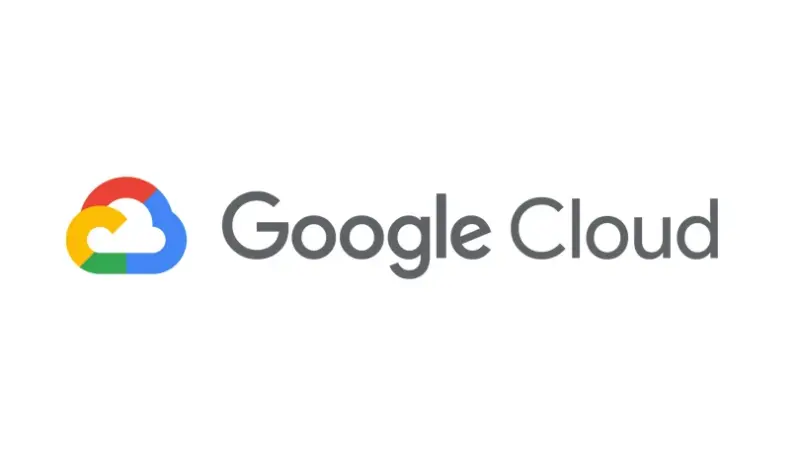Which Cloud Is Used By Google? In the rapidly evolving landscape of cloud computing, Google has established itself as a major player with a suite of powerful and versatile services. Organizations worldwide leverage Google Cloud to drive innovation, enhance scalability, and optimize their digital infrastructure.
In this article, we will delve into the various cloud services offered by Google, shedding light on the technology giant’s contributions to the ever-expanding realm of cloud computing.

Google Cloud Platform (GCP):
The brand’s primary cloud computing offering is the Google Cloud Platform (GCP). GCP provides a comprehensive set of cloud services, including computing power, storage, and databases, among others. One of the standout features of GCP is its global network infrastructure, enabling users to deploy applications and services across a vast array of locations. This not only enhances performance but also ensures high availability and reliability.
Key Components of Google Cloud Platform:
Compute Engine:
Google Compute Engine allows users to run virtual machines on Google’s infrastructure. It offers flexibility in terms of choosing the desired machine type, operating system, and other configurations. This service is particularly valuable for businesses requiring scalable and customizable computing resources.
App Engine:
Google App Engine is a fully managed serverless platform that enables developers to build and deploy applications without dealing with the underlying infrastructure. It supports multiple programming languages and auto-scales based on the demand, making it an ideal choice for developers focused on application development rather than infrastructure management.
Kubernetes Engine:
Kubernetes Engine, based on the open-source Kubernetes system, simplifies the deployment, management, and scaling of containerized applications. This service is well-suited for organizations embracing containerization for improved efficiency and resource utilization.
Cloud Functions:
Google Cloud Functions is a serverless computing service that allows developers to run single-purpose functions without the need to provision or manage servers. It facilitates the creation of event-driven applications and is an integral part of serverless computing on GCP.
Cloud Storage:
Google Cloud Storage provides scalable and secure object storage, suitable for a wide range of applications, from simple website hosting to complex big data analytics. With features like versioning and lifecycle management, it offers robust data management capabilities.
BigQuery:
BigQuery is Google’s fully managed, serverless data warehouse that allows users to analyze vast datasets in real time using SQL queries. Its speed and scalability make it a go-to solution for organizations dealing with large volumes of data.
Cloud Pub/Sub:
Cloud Pub/Sub is a messaging service that enables asynchronous communication between applications. It is designed to facilitate the building of event-driven systems, making it easier to connect and coordinate services in a scalable and reliable manner.
Key Take Aways!
In conclusion, this brand’s foray into cloud computing with the Google Cloud Platform has significantly impacted the industry. The platform’s robust infrastructure, diverse set of services, and commitment to innovation make it a compelling choice for businesses aiming to harness the power of the cloud.
Whether it’s computing, storage, data analytics, or application development, Google Cloud offers a comprehensive suite of solutions to meet the evolving needs of modern enterprises. As technology continues to advance, Google’s cloud offerings are poised to play a pivotal role in shaping the future of cloud computing.








